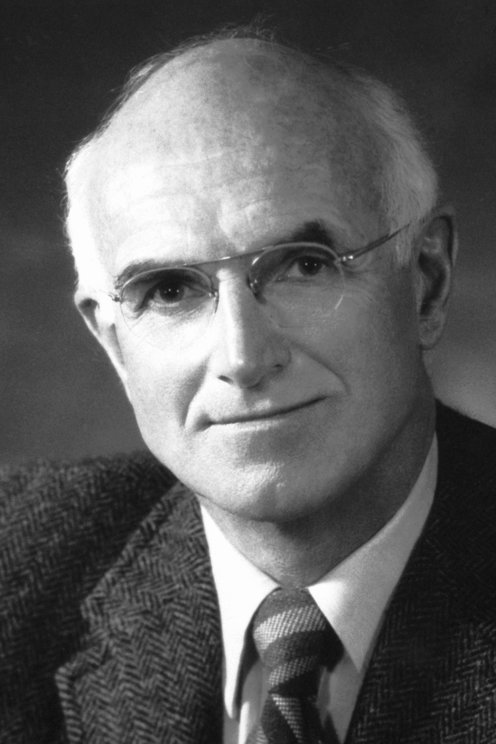Dr. Joseph E. Murray performed the first successful human kidney transplant on December 23, 1954. The operation was performed at Peter Bent Brigham Hospital in Boston, Massachusetts, and involved a transplant from one identical twin to another. The recipient, Richard Herrick, had been suffering from chronic kidney failure and was not expected to survive without a transplant. Dr. Murray and his team successfully transplanted the kidney, and Richard lived for eight more years before passing away due to unrelated causes. This groundbreaking operation paved the way for modern transplant surgery and has saved countless lives.
The success of the first human kidney transplant in 1954 was a major milestone in the field of medicine and had far-reaching implications for the treatment of kidney failure and other medical conditions.
Before the development of transplant surgery, patients with failing organs had very few treatment options and often faced a grim prognosis. The success of the first transplant operation showed that it was possible to transplant organs from one person to another and that these transplants could be successful in saving lives.
This paved the way for the development of modern transplant surgery, which has become a routine and life-saving procedure for patients with a wide range of medical conditions. Today, transplant surgery is used to treat not only kidney failure, but also conditions affecting the liver, heart, lungs, and other organs.
More about Dr. Joseph E. Murray
Dr. Joseph E. Murray was an American surgeon and medical researcher who was awarded the Nobel Prize in Physiology or Medicine in 1990 for his work on organ transplantation. He was born in 1919 in Milford, Massachusetts, and received his medical degree from Harvard Medical School in 1943.
After serving in World War II, Murray returned to Boston and began working at Peter Bent Brigham Hospital, where he performed the first successful human kidney transplant in 1954.
He continued to conduct research and perform transplant surgeries throughout his career, and in 1964 he performed the first successful heart transplant in the United States. In addition to the Nobel Prize, Dr. Murray was also awarded the Presidential Medal of Freedom, the National Medal of Science, and many other prestigious awards for his contributions to medicine. He passed away in 2012 at the age of 93.

